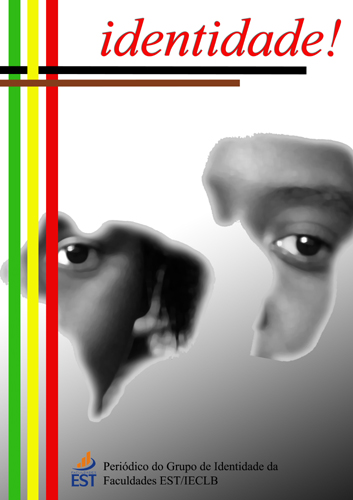ELEMENTS APPROACHES OF AFRO-BRAZILIAN AND INDIGENOUS CULTURES
THE SOCIAL REPRESENTATIONS OF TEACHERS OF SCHOOL PHYSICAL EDUCATION OF CANELA/RS
Keywords:
Physical Education School, Ethnic-racial relations, Bodily practicesAbstract
The state of Rio Grande do Sul appears as the federative unit with the lowest black incidence (20.6%) and when these indicators are crossed in the field of education, the illiteracy rate for the black population (brown and black) is almost three times higher than the self-declared white population. Here, it’s noticed the importance of making feasible – as soon as possible – the National Plan for the Implementation of the National Curriculum Guidelines for the Education of Ethnic-Racial Relations and the Teaching of Afro-Brazilian and African History and Culture. This work aims to identify, describe and analyze the social representations of physical education teachers, on the approaches of elements of Afro-Brazilian and indigenous cultures in public and private education networks, of fundamental level of the city of Canela/RS. The research has a qualitative character of a non-probabilistic sample, by typicality, and was conducted through semi-structured interviews. The results obtained indicate unanimity in accepting the implementation of laws 10.639/03 and 11.645/08, however, there is a nuisance of teachers in the face of the term "mandatory". On the contents prioritized, which are closer to the Afro-Brazilian and indigenous themes, the games, games, dances and fights (especially capoeira) were evidenced, however, in a punctual way, addressing the theme in a thematic day or week or in a non-systematized way. Concerning the main difficulties in working with contents related to Afro-Brazilian and Indigenous manifestations they are related to the lack of training and familiarity with the subject.
Downloads
Published
How to Cite
Issue
Section
License

This work is licensed under a Creative Commons Attribution-NonCommercial-NoDerivatives 4.0 International License.


